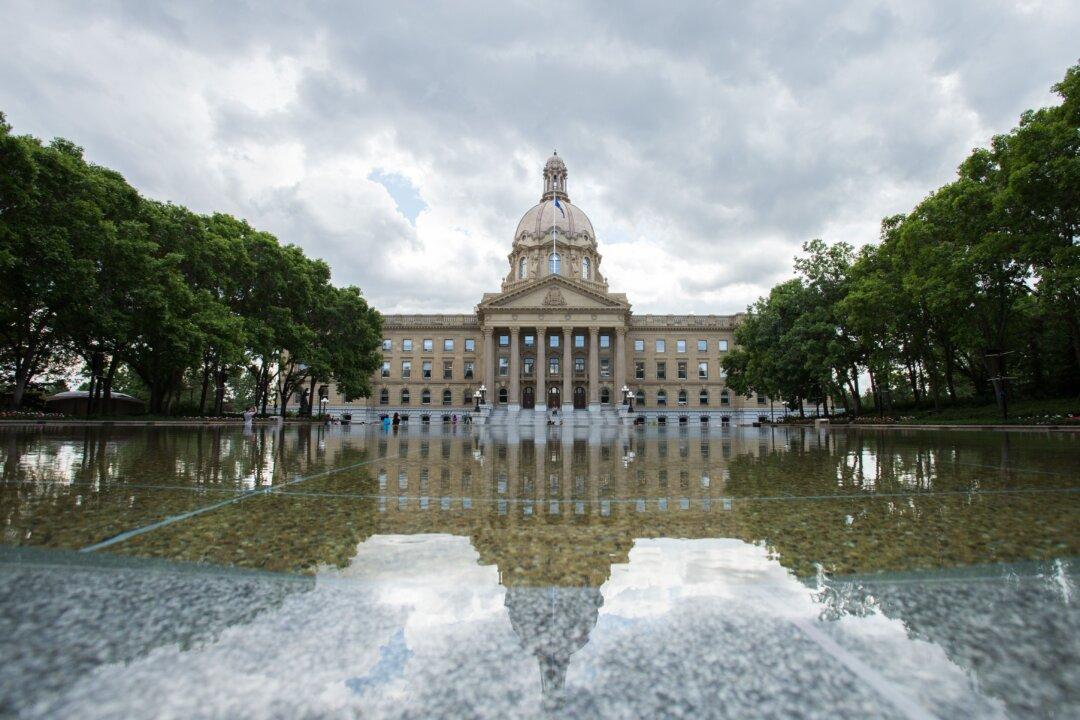Alberta has ended the fiscal year with a massive $11.6 billion surplus, surpassing even the surplus predicted by Budget 2022, and also managed to pay down $13.3 billion in debt, according to the latest figures.
“Our fiscal update today is a positive one. It is an indication of the progress we’ve made in securing Alberta’s finances. I’m happy to tell you that for the second consecutive year, we balanced the budget and are reporting a surplus,” said Nate Horner, president of the Alberta Treasury Board and newly appointed minister of finance following the provincial election on May 29.





